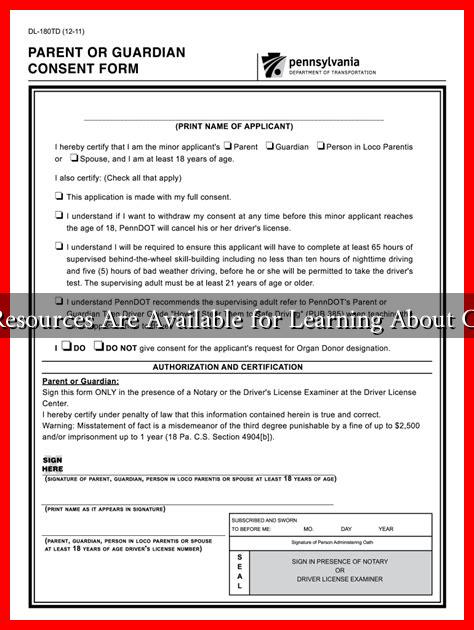-
Table of Contents
What Resources Are Available for Learning About Consent
Understanding consent is crucial in fostering healthy relationships and ensuring personal safety. Consent is not just a legal term; it encompasses emotional, social, and ethical dimensions. With the rise of awareness around issues like sexual assault and harassment, the need for comprehensive education on consent has never been more pressing. Fortunately, a variety of resources are available to help individuals learn about consent in a meaningful way.
Educational Websites and Online Courses
Numerous websites and online platforms offer valuable information and courses on consent. These resources are designed to educate individuals of all ages about the importance of consent and how to communicate it effectively.
- RAINN (Rape, Abuse & Incest National Network): RAINN provides extensive resources on understanding consent, including articles, statistics, and support services for survivors of sexual violence. Their website is a great starting point for anyone looking to learn more about consent and its implications.
- Scarleteen: This site focuses on sexual health education for young people. It offers a wealth of information on consent, including articles that discuss the nuances of consent in various contexts, such as dating and sexual relationships.
- Planned Parenthood: Known for its reproductive health services, Planned Parenthood also provides educational resources on consent. Their materials cover topics like affirmative consent and the importance of communication in relationships.
- Coursera and edX: These platforms offer online courses from universities that cover topics related to consent, sexual ethics, and interpersonal communication. Courses like “The Science of Well-Being” from Yale University touch on the importance of healthy relationships, including consent.
Books and Literature
Books can provide in-depth insights into the concept of consent, exploring its complexities and societal implications. Here are some notable titles:
- “Yes Means Yes: Visions of Female Sexual Power and a World Without Rape” by Jaclyn Friedman and Jessica Valenti: This anthology challenges traditional notions of consent and advocates for a culture that embraces affirmative consent.
- “The Consent Guidebook” by K. A. McKeown: This practical guide offers tools and strategies for discussing consent in various relationships, making it accessible for readers of all ages.
- “We Believe You: Survivors of Campus Sexual Assault Speak Out” by Annie E. Clark and Andrea L. Pino: This book shares the stories of survivors, emphasizing the importance of consent and the need for systemic change in how we address sexual violence.
Workshops and Community Programs
Many organizations offer workshops and community programs focused on consent education. These interactive sessions can be particularly effective in engaging participants and fostering open discussions.
- Local Sexual Assault Centers: Many communities have sexual assault centers that provide workshops on consent, healthy relationships, and bystander intervention. These programs often cater to schools, colleges, and community groups.
- University Programs: Colleges and universities frequently host events and workshops on consent, often led by trained professionals. These programs aim to educate students about the importance of consent in a campus setting.
- Peer Education Programs: Some organizations train peer educators to lead discussions on consent among their peers. This approach can create a more relatable and open environment for learning.
Statistics and Case Studies
Understanding the statistics surrounding consent can provide a sobering context for why education is essential. According to the National Sexual Violence Resource Center:
- 1 in 5 women and 1 in 71 men will be raped at some point in their lives.
- Only 20% of female student victims report their assault to law enforcement.
- Education on consent has been shown to reduce rates of sexual violence in college settings.
Case studies, such as the implementation of consent education programs in various schools, have demonstrated positive outcomes. For instance, a study conducted by the University of New Hampshire found that students who participated in consent education workshops reported a better understanding of consent and were more likely to intervene in potentially harmful situations.
Conclusion
Learning about consent is a vital step toward creating a safer and more respectful society. With a plethora of resources available—from educational websites and literature to community workshops—individuals can equip themselves with the knowledge needed to navigate relationships responsibly. By understanding the nuances of consent, we can foster a culture that prioritizes communication, respect, and safety for all.
For more information on consent and related resources, consider visiting RAINN or Planned Parenthood.

